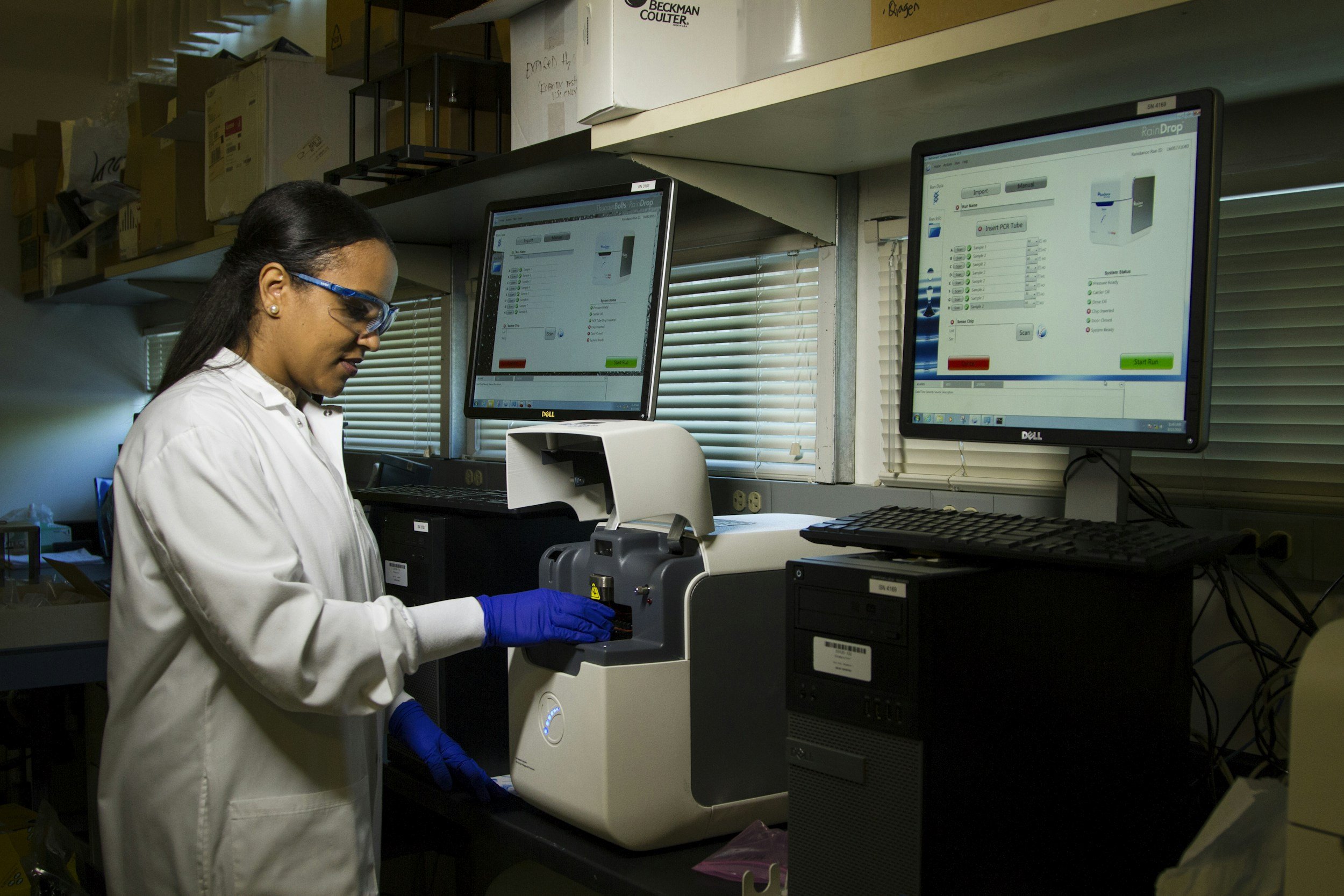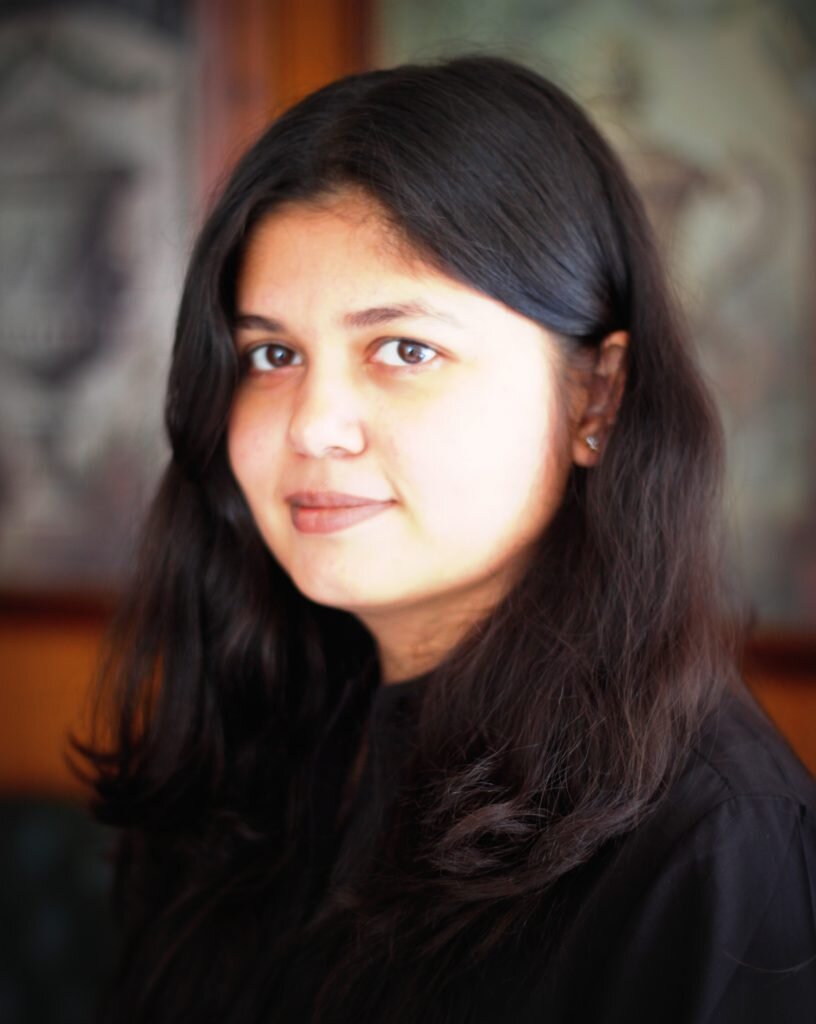
Advanced Biology Programme
The Advanced Biology Programme at The Takshashila Institution facilitates dialogue on life science policy and develops actionable policies for the Indian bioeconomy.
About the Programme
The bioeconomy which currently accounts for 2.6% of India’s GDP, has to double this contribution by 2030. We define bioeconomy as “Technology-enabled development of value-added products or services from biological resources to accelerate the economy, in terms of GDP growth and employment; enable health security and create avenues for sustainable development.”
The Advanced Biology programme works with governmental agencies, industry and international agencies to identify policies that can uplift India’s bioeconomy, while safeguarding against potential risks. The programme aims to create a network of experts from diverse fields who are interested in life science related policies and facilitates a constructive life science policy dialogue in India.
Our Areas of Focus

Bioeconomy
This project centers around understanding what drives India’s bioeconomy - the opportunities, challenges, and pathways to achieving the $300 billion bioeconomy by 2030.
Read our work on the SWOT of Biotechnology in India and proposal for the Quad Biomanufacturing Hub in India.

Gene Editing Policy
Our work proposes governance mechanisms that maximises benefits and minimises risks of gene editing technologies in human, animal, insect, plant and micro-organisms.
Read our work on analytical framework for using Gene Editing in Humans, analysis of using Genetically Modified Mosquitoes and pre-print for the Royal Society on Global Governance of Somatic Gene Editing.

Life Science Policy
We analyse existing life science policies, comment on proposed government policies, and recommend policies to bridge gaps in policymaking.
Read our deposition to the Parliamentary Committee on S&T regarding the DNA Technology Bill, and submission to the BRICS Academic Forum on Science Cooperation in BRICS Countries.

Biosecurity
This work looks at the impact of new technologies on the risk of biosecurity threats and measures to strengthen biosecurity through multi-lateral treaties and domestic capacity building.
Read our work on BWC Reform for Tackling Biowarfare.

Biological Determinants of Policy
This emerging work studies how biological evolution encodes certain behaviours and therefore has to be accounted for in the formation of public policy.
Recent Analysis
By Sarthak Pradhan and Shambhavi Naik
By Shambhavi Naik and Bharath Reddy
By Dirk van der Kley, Shambhavi Naik, Henry Dixson, Saurabh Todi and Daniel Pavlich
By Sarthak Pradhan and Shambhavi Naik
By Shambhavi Naik, Abhed Manocha, Roshan Valiathan & Dhritiman Borkakoti
By Aniket Shevade & Shambhavi Naik
By Saurabh Todi, Shambhavi Naik and Harshit Kukreja
By Harshit Kukreja and Shambhavi Naik
By Shambhavi Naik and Harshit Kukreja
Recent Commentaries
By Shambhavi Naik and Saurabh Todi
By Saurabh Todi and Shambhavi Naik
By Saurabh Todi and Shambhavi Naik
By Shambhavi Naik & Saurabh Todi
Meet the Advanced Biology Team
Shambhavi Naik is the Chairperson of the Advanced Biology programme. She has a PhD in Cancer Biology. Shambhavi’s research covers India’s policies in areas of emerging technologies, with a focus on healthcare and higher education.
Aditya is an Associate Fellow with the Takshashila Institution. A journalist by training, he has previously worked at Mint and as a freelancer. He has also researched and written on colonial-era Indian military history.
Saurabh tracks the geopolitics of emerging technologies, especially in biotechnology and nuclear power. His research interests also include export controls, WMD issues, and the geostrategic dynamic between India, China, and the United States. He manages the Network for Advanced Study of Technology Geopolitics (NAST) Fellowship at the Takshashila Institution and is a consultant with Inklude Labs.
















